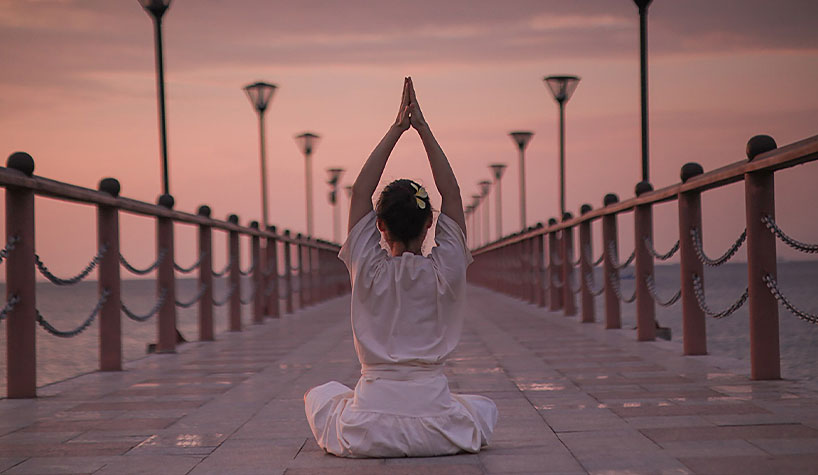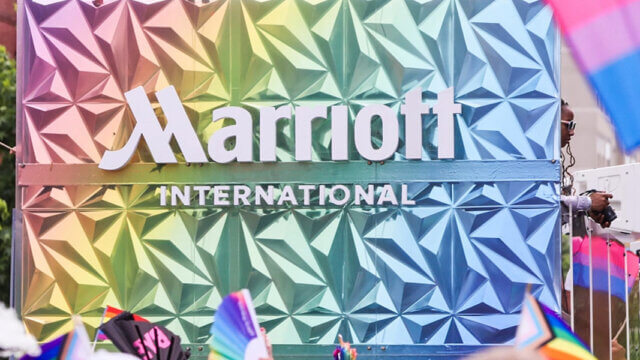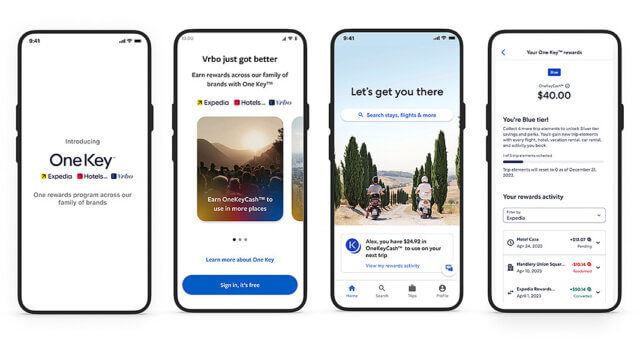SINGAPORE—The length and uncertainty surrounding the pandemic and its end have taken their toll on the population around the world, including those that work in the hospitality industry. Banyan Tree Group, based here, has launched three group-wide initiatives to promote well-being, particularly mental well-being, among its associates.
“The ongoing pandemic has no doubt affected the mental health of most people across the globe,” said Ho Renyung, VP, brand HQ of Banyan Tree Holdings. “According to WHO [World Health Organization], one in four people globally is affected by a mental disorder, while mental, neurological and substance use disorders contribute to ill health. As a result of COVID-19 affecting lives and livelihoods, more people are suffering from symptoms of anxiety and depression.”
She continued, “As we, as a company, pursue a journey of recovery and build resilience, we have taken the first step of prioritizing mental well-being and the skills of effective self-care. These initiatives, which we conceived before COVID-19, became all the more important because we are in an industry that continues to be severely affected. As leaders, it’s our job to help alleviate that for our teams at this time—after all, we can only look after our guests when we look after our associates.”
One of the initiatives was the revamp of the company’s training modules to express its service culture of “I am with you.” Led by the Banyan Tree Management Academy and well-being teams, the training promotes resilience, self-awareness and self-care.
“With the use of experiential learning and a facilitative approach, these modules are centered around empathy, positive psychology and mindfulness-based stress reduction (MBSR),” said Renyung. “There are five modules, starting with a Purpose Module, then Immersion and so on. Purpose is important, as it has been found that you can improve your mental well-being significantly by simply stating your purpose. Furthermore, we want to help our associates align their personal purpose to that of our organization, and create an ideal environment for people to achieve both.”
Banyan Tree also launched Project T, a tele-therapy service which partners with like-minded externally certified well-being practitioners. Strictly confidential and available in English, Chinese and Thai languages, associates benefit from complimentary professional sessions to learn stress management techniques.
“This service is available to all associates and serves as a support channel for those who are coping with immense stress from personal and work matters, and are seeking mental and emotional advice,” noted Renyung. “We made sure that our approach was about providing a basket of self-care skills for associates to choose what they want to learn, as opposed to framing it as a coaching session which may not be applicable for all.”
The company is also rolling out the Organizational Well-being Index for all associates, a survey of 64 questions on lifestyle practices, based on Banyan Tree’s eight pillars of well-being: sleep, dietary awareness, interaction, intimacy & involvement, physical vitality, cultivating the mind, learning & development, harmony with nature and sustained practices. The survey queries the amount of water associates drink daily, whether they engage in sports daily and whether they immerse themselves in natural environments like parks and forests during their free time, among other questions. A pilot survey was conducted in July.
“The pilot survey had shown that associates scored high in relationship and the practice of virtues, while sleep and physical fitness are two key areas for improvement,” said Renyung. “Based on each property’s overall results pinpointing employees’ well-being, our headquarters will provide guidelines, training and activities for implementation. While the wellness industry tends to focus on new, must-have technologies, trends and products, we believe that people need to consciously practice these simple basics, with the help of technology, to have a truly sustainable well-being journey. We have now covered over 6,000 associates with this index, past the pilot survey.”




